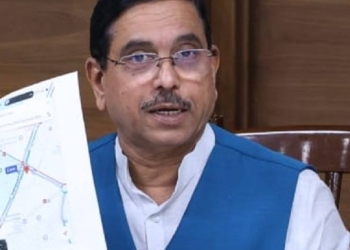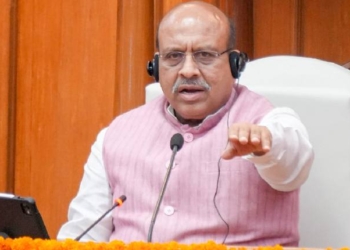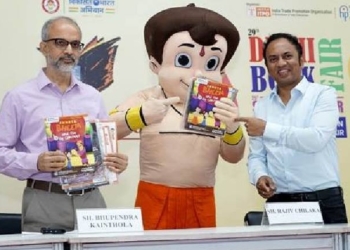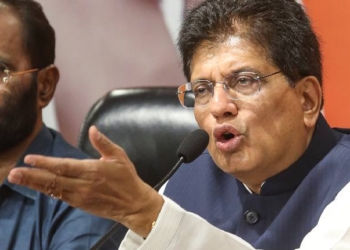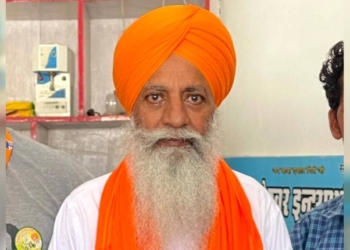New Delhi: The Supreme Court on Monday sought reply from the Gujarat government on bail petitions of some convicts sentenced to life imprisonment in the 2002 Godhra train coach-burning case.
Solicitor General Tushar Mehta, representing the Gujarat government, submitted before a bench headed by Chief Justice of India D.Y. Chandrachud that it was not just a matter of stone throwing at the bogey of the Sabarmati Express, but instead the convicts had bolted the bogey, which resulted in death of many passengers on the train.
Mehta said: “Some are saying their role was just stone pelting. But when you lock a bogey from outside, light it on fire and then pelt stones, it is not just stone pelting.”
Senior advocate Sanjay Hegde, representing some of the convicts, contended that the state government has filed appeals in the cases of certain convicts whose capital punishment was commuted to life sentence by the Gujarat High Court.
The bench, also comprising Justices P.S. Narasimha and J.B. Pardiwala, told Mehta: “We will list (the bail pleas) after two weeks.”
After hearing brief submissions in the matter, the apex court issued notice to the state government on the bail pleas of Abdul Raheman Dhantia alias Kankatto, Abdul Sattar Ibrahim Gaddi Asla, and others.
On December 15 last year, the Supreme Court granted bail to one of the accused in the 2002 Godhra train burning, which was followed by communal riots in Gujarat.
The top court had noted that the convict had been in prison for 17 years and his role was throwing stones at the train. The bench said the application of bail made by accused Faruk is granted, while noting that he has been in custody since 2004, and also his appeal against conviction pending before the top court.
The top court further added that the applicant is granted bail subject to terms and conditions imposed by the sessions court.
According to the state government, the accused instigated the mob and threw stones at the coach, injured passengers, and damaged the coach.
Mehta, representing the Gujarat government, had then submitted that since the convicts were throwing stones, it prevented the people from escaping the burning coach, and pressed that under normal circumstances stone throwing may be a less grave offence, but in this case, it is different.
The top court had also accepted a request made by Mehta to list all appeals for final hearing, including appeals filed by the state government for enhancement of sentence.
In March 2011, the trial court had convicted 31 persons, out of 11 were sentenced to death and 20 were sentenced to life. 63 accused were acquitted.
In October 2017, the Gujarat High Court upheld the conviction of all but commuted the death sentence of the 11 to life imprisonment.
(IANS)





